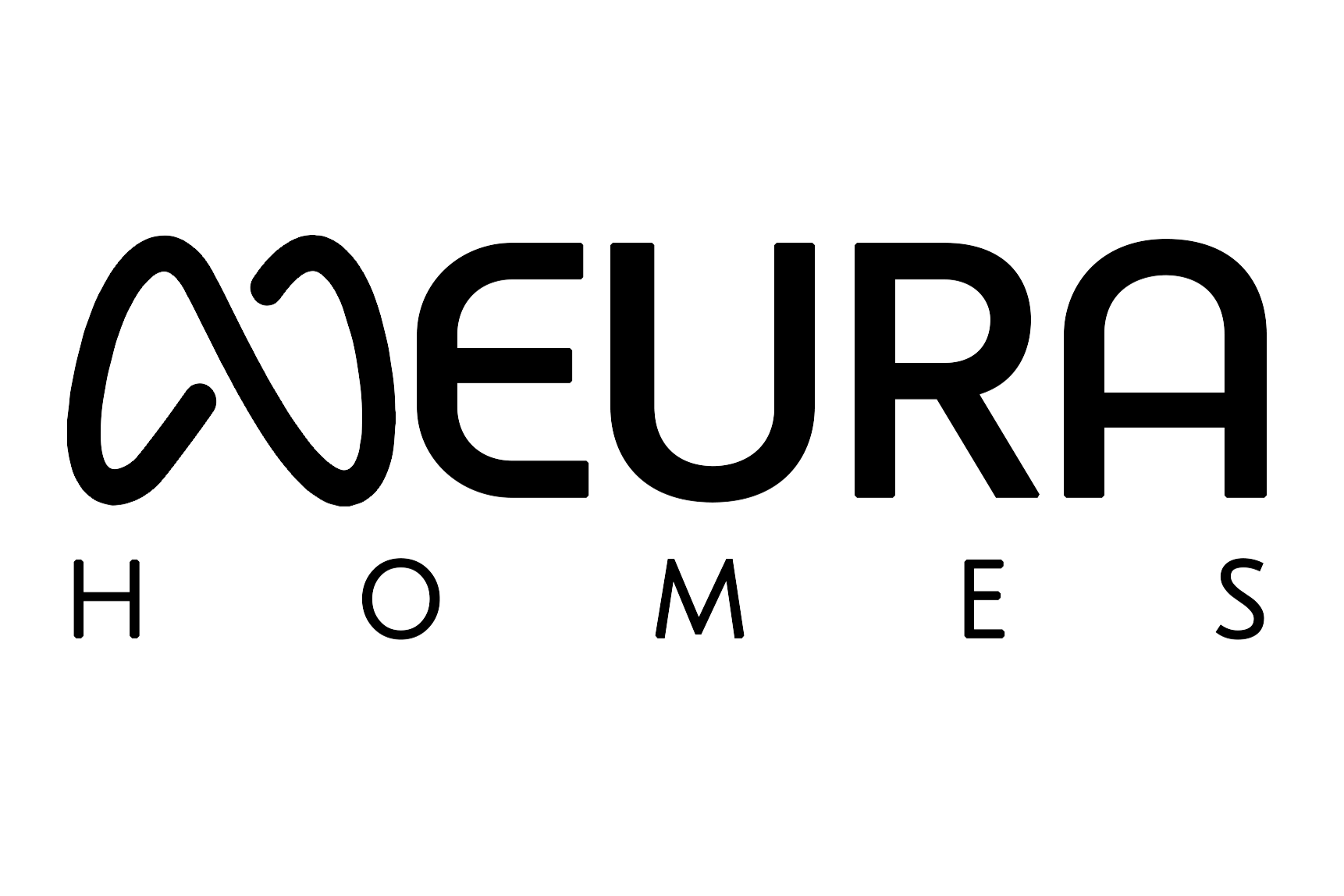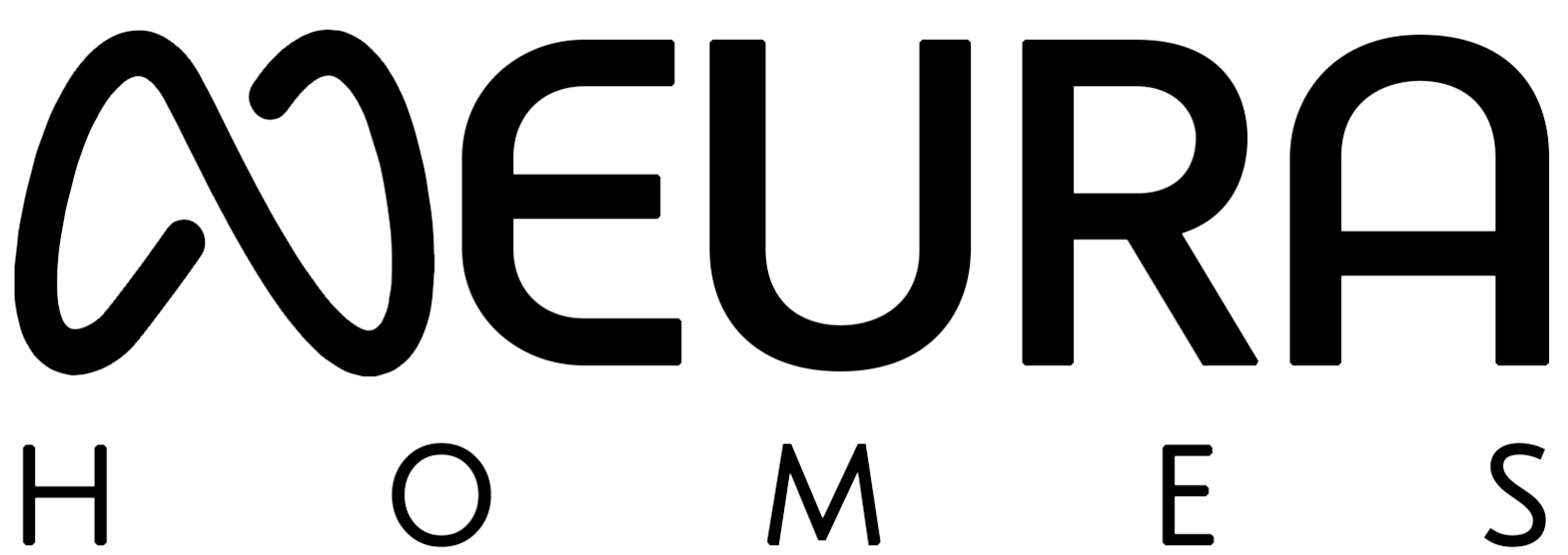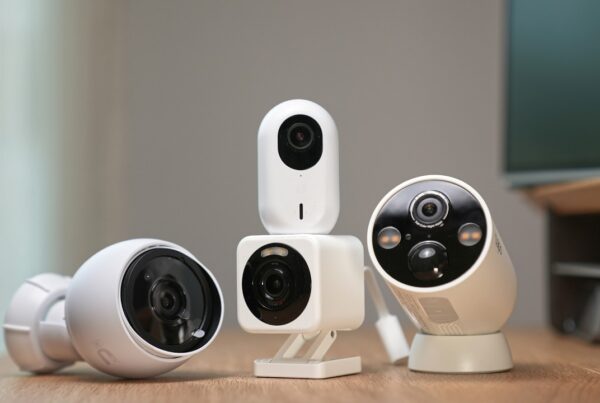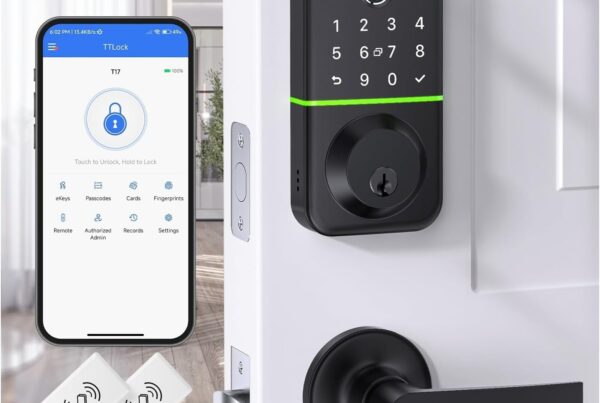Smart locks are changing home security in Ghana. They offer keyless access, remote control, and advanced protection. Whether you live in Accra’s East Legon or Kumasi’s suburbs, integrating smart locks with your security system adds convenience and peace of mind.
This guide will walk you through the process step by step.
Step 1: Choose the Right Smart Lock for Your Home
Not all smart locks are the same. The best one for you depends on your security needs. Here are the most common options:
- Keypad Smart Locks – Unlock with a PIN code, ideal for families.
- Biometric Smart Locks – Use fingerprint recognition for fast, secure entry.
- Wi-Fi-Enabled Smart Locks – Control access remotely using a smartphone.
- Bluetooth Smart Locks – Work within a short range and don’t need the internet.
For full security system integration, biometric and Wi-Fi-enabled locks are the best choices.
Step 2: Connect Your Smart Lock to a Security System
Once you have the right smart lock, it’s time to connect it to your security system. If you’re using NeuraHomes’ smart locks, follow these steps:
- Use a Smart Home App – A single app, like the NeuraHomes App, lets you lock and unlock doors remotely.
- Sync with Security Cameras – Connect your smart lock to CCTV to monitor who enters.
- Enable Instant Alerts – Get real-time notifications when someone unlocks your door.
These features make security monitoring easier, even when you’re away.
Step 3: Manage Access for Visitors & Domestic Staff
Many Ghanaian households have domestic workers or frequent visitors. Instead of giving out keys, smart locks let you control access digitally:
- Temporary PIN Codes – Set a time-limited PIN for guests or workers.
- Biometric Access – Register fingerprints for trusted individuals.
- Time-Based Entry – Restrict access to specific hours, reducing security risks.
This ensures that only the right people enter your home.
Step 4: Ensure Power & Internet Reliability
Power outages (Dumsor) and internet issues are common in Ghana. Smart locks need backup solutions to work during these times:
- Battery Backup – Most smart locks use batteries and alert you when they run low.
- Offline Access Modes – Some models allow manual key entry or Bluetooth access.
- UPS (Uninterruptible Power Supply) – A UPS keeps security devices running during power cuts.
With these features, your smart lock remains reliable even during blackouts.
Step 5: Keep Your Smart Lock Secure & Updated
Like any technology, smart locks need regular updates and maintenance. Here’s how to keep them secure:
- Update firmware often to protect against hacking.
- Change access codes regularly for added security.
- Enable Two-Factor Authentication (2FA) on your smart home app.
These steps prevent unauthorized access and keep your home safe.
Final Thoughts: Upgrade to a Smarter, Safer Home
Ghana’s real estate market is embracing smart home technology. Whether you own a luxury home in Airport Hills or a family residence in Adenta, integrating smart locks with your security system is a smart investment.
NeuraHomes offers top-tier smart lock solutions that connect seamlessly with security systems. Upgrade today and enjoy a safer, more convenient home.




